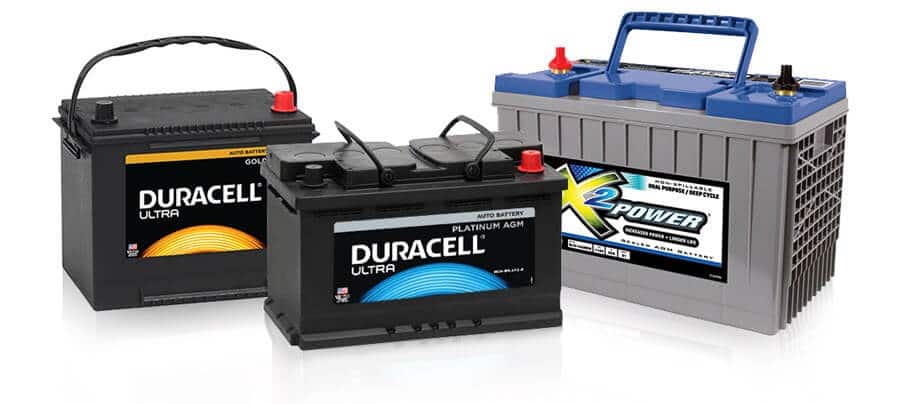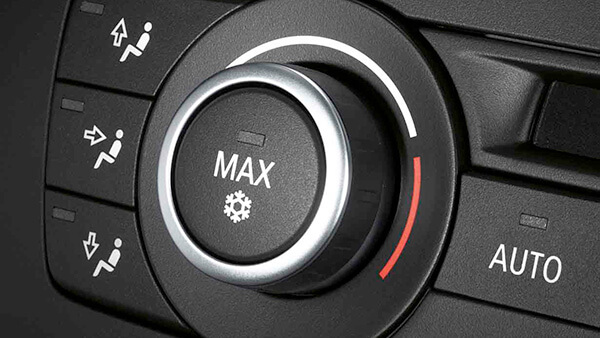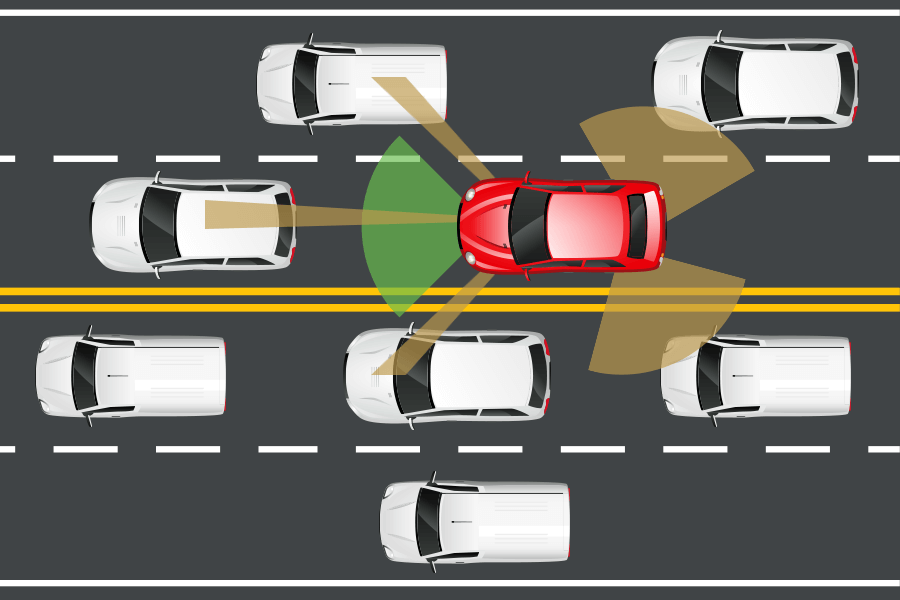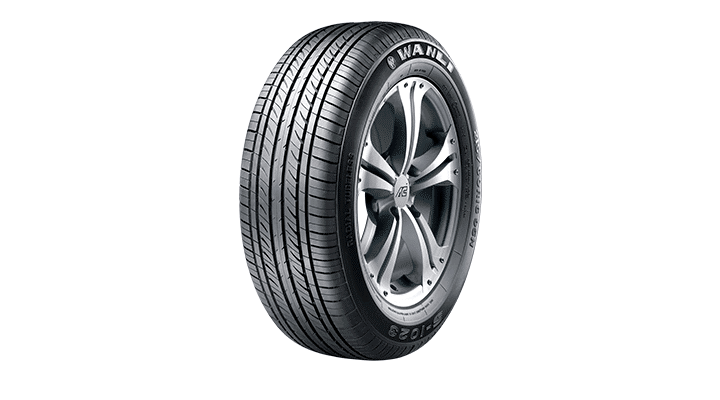Updated on 2024/03/23– The issue of car battery life is an important one for all car owners. While it’s a whole different story in the case of hybrids and electric vehicles, internal combustion engines depend heavily on robust car batteries, which are still as much of a necessity for a vehicle as they were 80 years ago.
Modern day car batteries last longer, need less maintenance and malfunction less frequently. Just remember, though, that any battery that goes through multiple charge/discharge cycles (like the battery in your laptop or phone) will begin to weaken and degrade with time.
With this in mind, it’s extremely important to remain aware of the average lifespan for your car battery and take all the necessary precautions to extend its life as much as possible.
YOUR BATTERY MIGHT NOT BE DEAD
Car battery life can be extended for years. If your battery isn’t at least 2-3 years old, and it seems to have failed. Then it might be that it’s not actually dead. Car batteries can lose their charge occasionally if you don’t drive for a long time, since shorter drives can lead to earlier corrosion and crystalline deposits on the negative terminal of your battery.
Cold weather can also be a factor, since most car batteries are less capable of maintaining their charge in these conditions. At a temperature of 20 degrees, a battery can only deliver about 50-60 percent of its rated amperage. Make sure you check your battery for damage and corrosion around the terminals. Measure the voltage to see just how much it dropped.
Jump starting or using a car battery charger can be the best option, if your battery is still in good shape. The best battery chargers are the kind that delivers a regulated trickle charge overnight, for a good deep charge.
BATTERY LIFE DETERMINING FACTORS
Using your car’s electronics with the engine off can lead to a significant drain in charge. It also results to shorter overall car battery life. Check your air conditioning and heating system. Keeping the lights on or using the infotainment and audio system at its highest settings can all lead to your battery draining faster.
Normally, a typical car battery will last between 2 and 5 years. Experts will recommend that you replace it every 4 years to avoid any unwanted problems. In addition, try to never let your battery become completely discharged – even one complete discharge can shorten battery life.
IMPROVING THE ODDS – MAKE YOUR CAR BATTERY LAST LONGER
Good maintenance is the key to a longer car battery life. If your battery drains faster, it can be because of a faulty alternator. it could also be other car components that are not fulfilling their functions properly. Also, it is possible that corrosion and sulfur deposits are severely impairing your battery’s functional capacity.
Corrosion generally appears as a fluffy greenish- or bluish-white deposit around the negative terminal and clamp. If left too long, it can actually become glassy and will prevent the battery from accepting or delivering a charge.
Check the car battery frequently for damage and corrosion to avoid being stranded on the road or have to replace your battery prematurely.
GOOD LIFE SPAN VS. FREQUENT BATTERY RECHARGING
Cranking power, the materials used, the warranty and many other factors contribute to longer car battery life. But should you spend more than 10,000/= for a battery that might last longer, or get a cheaper alternative? In most cases, the first option is the best.
As is the case for other car products, with car batteries, you usually get what you pay for. So, even though most car batteries will only last for 2-5 years, a better quality one that is also maintained properly can last even more than 6 years in certain conditions.
If that is the case, then your extended car battery life will be well worth the additional expense, especially if you live in a cold climate that can compromise battery life.









